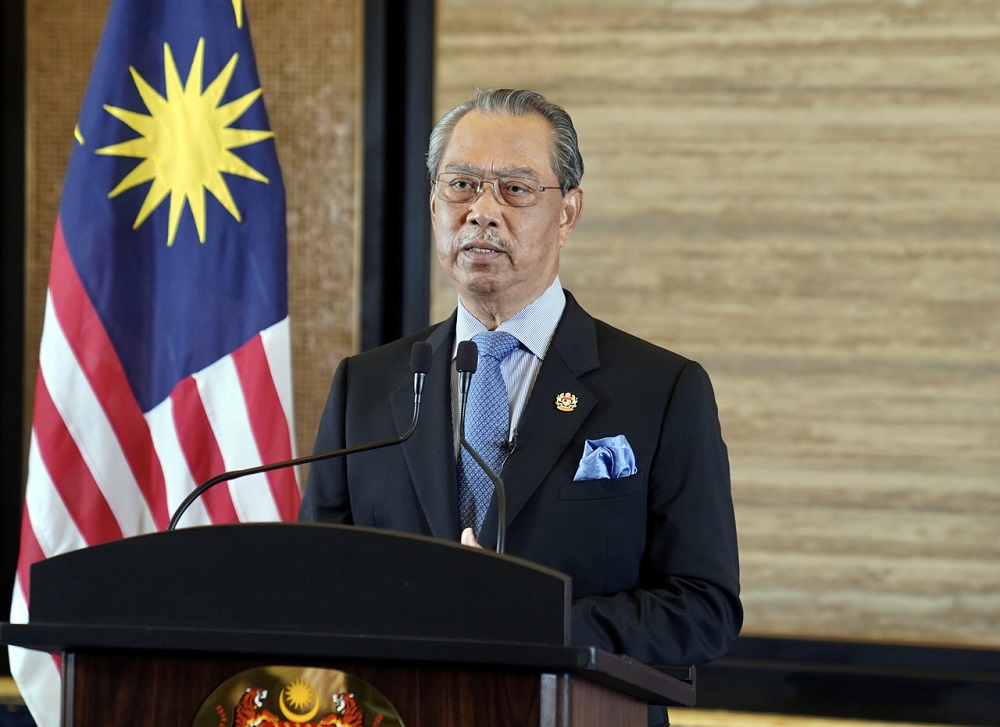KUALA LUMPUR, March 5 — Early intervention via life-long learning, better early education and greater digital accessibility will help close the income gap in the country, as well as provide equal opportunities for the people over the long-run, says Prime Minister Tan Sri Muhyiddin Yassin.
To this end, he said Malaysia had allocated nearly RM3 billion for the up-skilling and re-skilling of current talent since last year as a start towards promoting lifelong learning and upgrading.
Furthermore, he said Malaysia’s plan to provide 150,000 students from low-income families with laptops together with free limited data packages through private sector sponsorship, coupled with the implementation of the fiberisation initiative over the next five years under the RM21 billion National Digital Network (Jendela) plan, would provide greater last mile connectivity in schools across rural and remote areas.
“Although more needs to be done, these collective efforts to promote social mobility in turn, will help create a stronger economic growth,” he said in his opening remarks at the virtual Youth Economic Forum 2021, themed “A Brave New World” here, today.
According to the prime minister, global economic recovery can only be sustainable when things are made equitable for all.
“And to tackle inequality on any lasting basis, attention should be given to address unequal opportunities, not just unequal outcomes,” he said.
In this regard, he said the government had introduced the Shared Prosperity Vision (WKB 2030) as a continuation of the Vision 2020.
“The main goal of WKB 2030 is for Malaysians to achieve a decent standard of living by 2030, while the three main objectives of WKB 2030 are to ensure development for all, address the wealth and income gap, and achieve the aspirations of a united, prosperous and dignified nation,” he said.
Touching on the Covid-19 pandemic, Muhyiddin said the ongoing crisis could present opportunities, particularly if traditional approaches and paradigms are questioned and challenged.
“If anything, the pandemic has shown us beyond the health sphere that ‘no man is an island’, that economically none of us is safe until all of us are safe.
“Hence, we must rebuild the social mobility ladder, allowing anyone hardworking and entrepreneurial enough to climb up,” he said. — Bernama





















